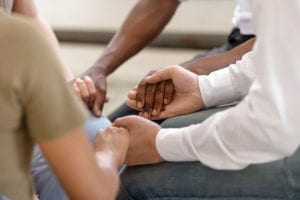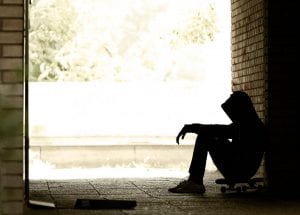 The nation is gripped in a presidential election unlike any other in history, with deep divides down political lines, an economy in peril and an enduring global pandemic.
The nation is gripped in a presidential election unlike any other in history, with deep divides down political lines, an economy in peril and an enduring global pandemic.
On top of that, political information and misinformation abounds online. Because anyone can post anything on the internet, many people in both political parties base their opinions and judgement on false information. [Read more…]




 More than 80 percent of teenagers now have smartphones in the U.S. In fact, half of all U.S. youth get their own personal phone by age 11 – up nearly 20 percentage points from four years ago, according to
More than 80 percent of teenagers now have smartphones in the U.S. In fact, half of all U.S. youth get their own personal phone by age 11 – up nearly 20 percentage points from four years ago, according to







